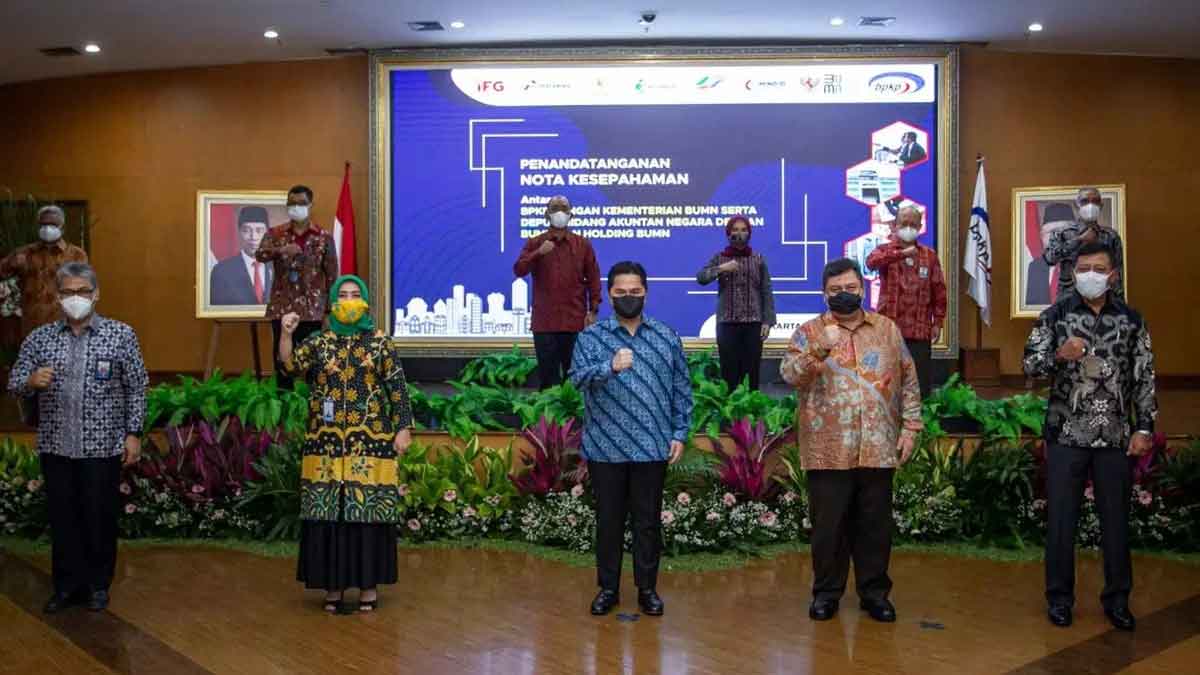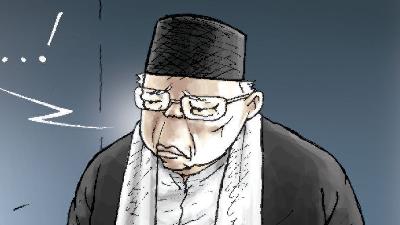Investigations Lead to Management Overhaul
Monday, March 8, 2021
The alleged corruption implicating Asuransi Kredit Indonesia (Askrindo) sparked up improvement plans in the parent company of state-owned insurance and underwriting firms. There are problems in the insurance agent business regulations.
arsip tempo : 171388817185.

THIS March, the Finance and Development Supervisory Agency (BPKP) will launch an investigative audit on Asuransi Kredit Indonesia or Askrindo. The government’s internal auditing agency had just completed the case presentation with Indonesia Financial Group (IFG), the holding company of state-owned insurance and underwriting firms. “We could not have been more transparent in the Jiwasraya and Asabri cases,” said Deputy State-Owne
...
Subscribe to continue reading.
We craft news with stories.
 For the benefits of subscribing to Digital Tempo, See More
For the benefits of subscribing to Digital Tempo, See More











